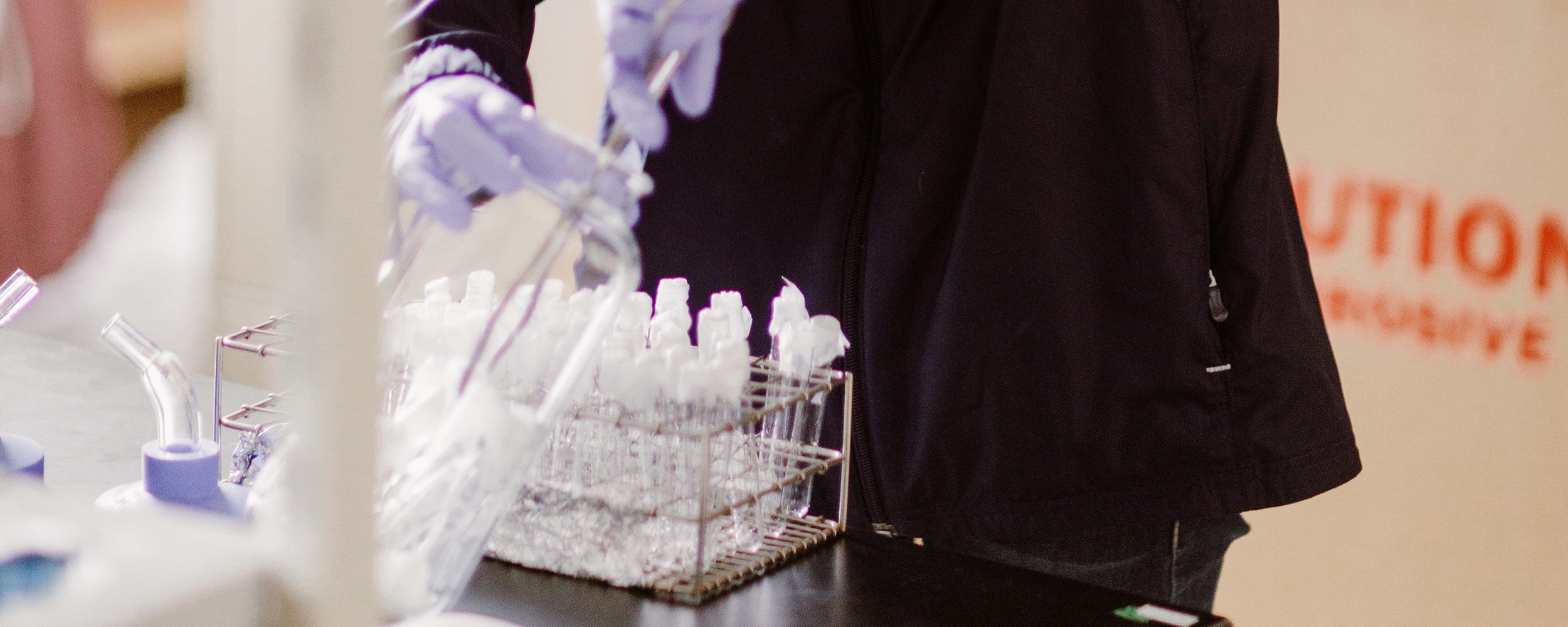
Pre-pharmacy
As a pharmacist you’ll do more than fill prescriptions. You’ll monitor medication regimens and advise others on the effects and uses of medications, as well as their interactions with other drugs. You’ll also have a role in diagnosing acute ailments and consulting for nutrition and disease prevention. Our pre-pharmacy program in Massachusetts is a health science major that will prepare you for entrance into a Doctor of Pharmacy program—the required degree for all practicing pharmacists.
Explore the pre-pharmacy program at Gordon
Graduate-level experiences for pre-pharmacy undergrads

Engage in study and research in our on-campus donor (cadaver) lab - an uncommon option for undergraduate students.

Intern at the Center for Balance, Mobility and Wellness, located on campus.

Acquire tangible clinical skills through our internship program at Duke University and the Gordon Medical Observership program.
Interested in learning more about pre-pharmacy programs?
For more information, contact:
Dr. Greg Keller
Professor of Biology
E [email protected]
P 978 867 4852
Department Chair of Life, Health and Physical Sciences

 Health Science
Health Science Pre-pharmacy
Pre-pharmacy


